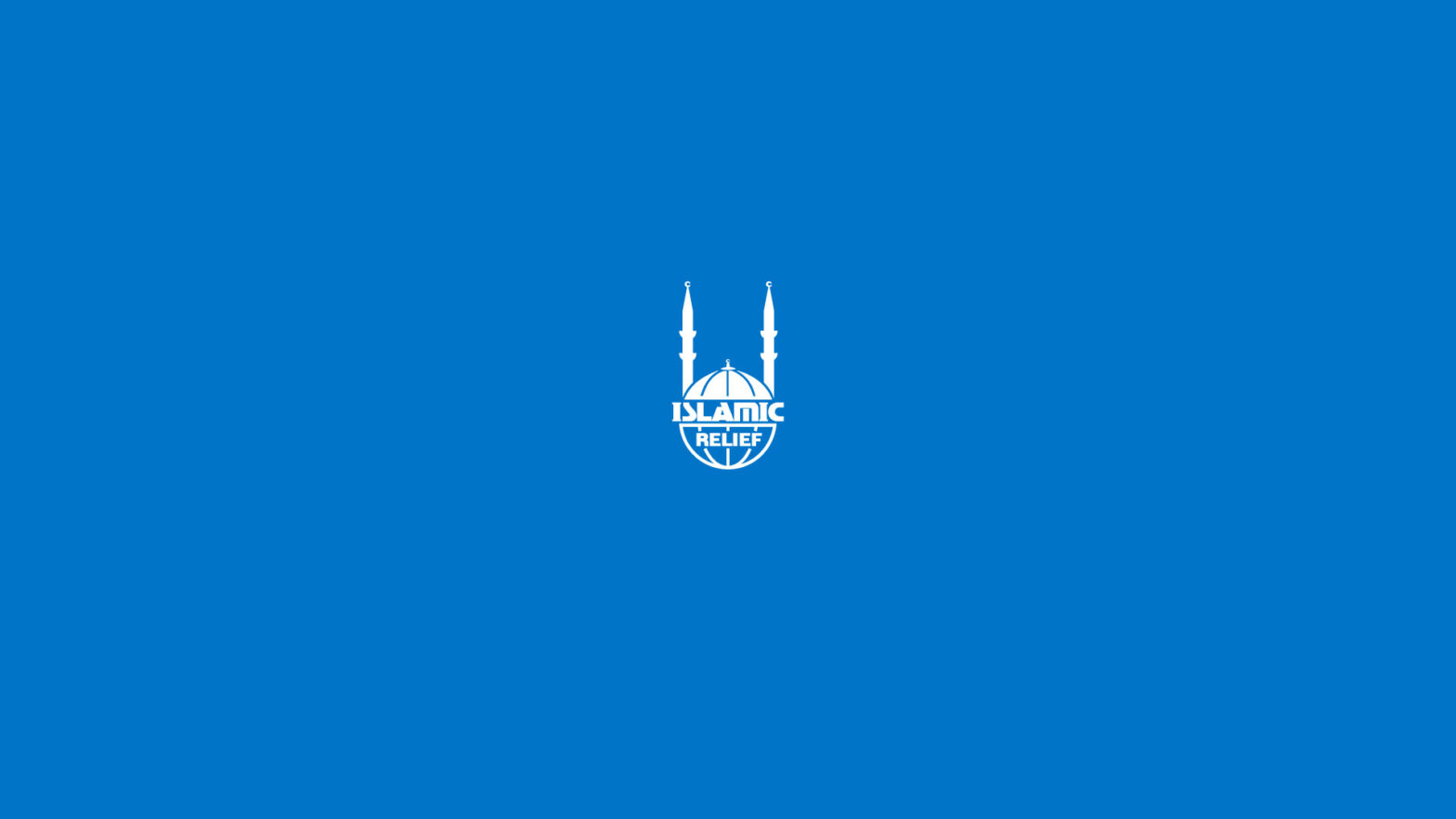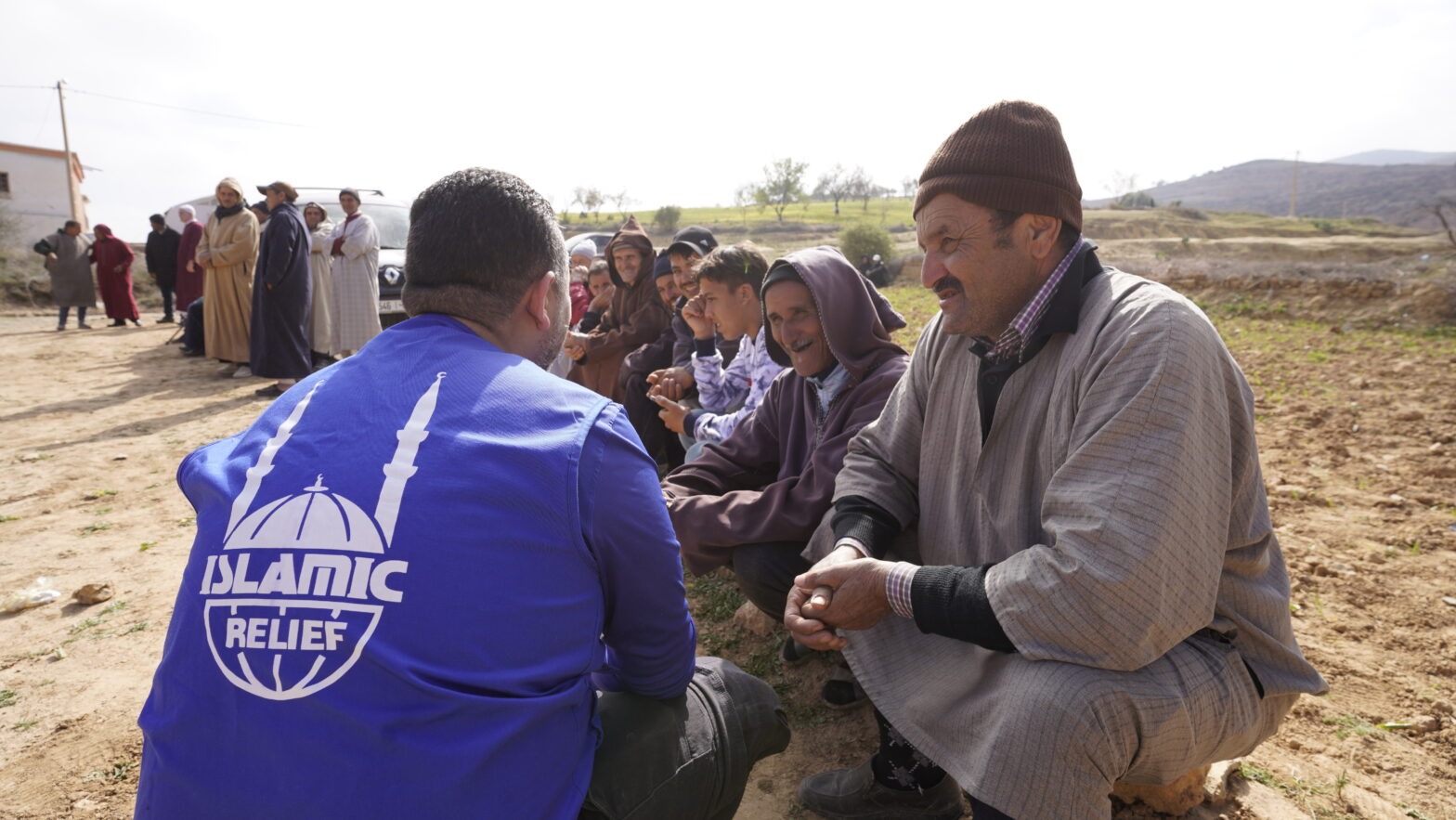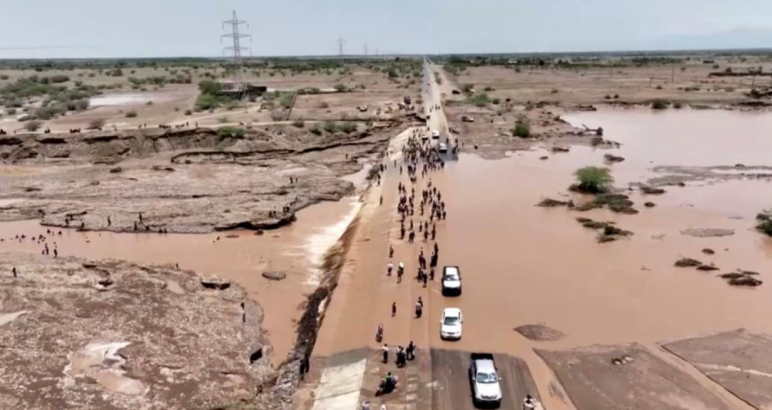One year on from the most powerful earthquake ever recorded in Morocco, many survivors are still struggling to rebuild and recover and need ongoing support, Islamic Relief says. Thousands of families in remote and mountainous rural communities still lack adequate shelter and essential services, and damaged infrastructure such as homes and schools need to be rebuilt.
Working with local partners and local authorities, over the past year, Islamic Relief has supported over 120 affected villages in Al Haouz and Chichawa provinces, providing over 65,000 people with aid such as food, winter survival clothing, and hygiene kits, as well as constructing two temporary schools and setting up mobile health caravans. These caravans provide some of the most remote communities with general medicine, pediatrics, dermatology, cardiology, and other vital care.
The 6.8 magnitude earthquake, which struck central Morocco on 8 September 2023, affected 2.8 million people and killed almost 3,000. It destroyed nearly 19,000 homes, damaged 60,000 others, and flattened at least 580 schools, as well as hospitals and other essential infrastructure. The destruction displaced around 500,000 people.
A year later, some families continue to live in makeshift shelters and tents and now face a second winter of homelessness. Their tents are exposed to the elements of the Atlas Mountains, where temperatures often drop below freezing. Islamic Relief has begun building 300 new homes so that people can have protection and privacy.
Many people lost their jobs as well as their homes, and communities require long-term support. Islamic Relief is committed to supporting people to rebuild their livelihoods so they can earn a reliable living and provide for their families.
Earthquake survivor Fatima* recalls: “I was sleeping when the earthquake struck. My daughter woke me up, terrified and panicked. She was extremely frightened and ran away. Then I noticed the ceiling of the room collapsing, and the wall next to me fell until I was trapped under the rubble. When I regained consciousness, only my daughter’s fingers were showing under the rubble. Thankfully we were rescued and are now fine, thank God, and thanks to the benevolent people who helped us. [Islamic Relief] have donated food, drinks, and utensils.”
Ghassen Alimi, Islamic Relief’s Head of Mission in Morocco, says: “The humanitarian needs were enormous in the wake of the earthquake, and there continue to be significant needs on year on. Thousands of those impacted in the Atlas Mountains are still suffering the consequences of the earthquake and need our continued support to help them rebuild. In the initial aftermath we faced great challenges because the destruction of important infrastructure and roads made it difficult to reach mountainous communities. But, thanks to the generosity of supporters all over the world, over the past year we have distributed vital aid such as food, blankets, mattresses and hygiene materials, and established health caravans so that rural families can access healthcare. We are committed to standing with these communities as they rebuild and recover.”
A year on, the people of Morocco are still piecing their lives back together. The reconstruction programme is costly and complex, and with Morocco particularly susceptible to natural disasters, there is a need for increased investment in building community resilience.
Islamic Relief’s response in Morocco is being done in close partnership with local Moroccan organisations, Al Mobadara Association and At Tawassol.







